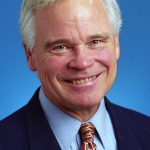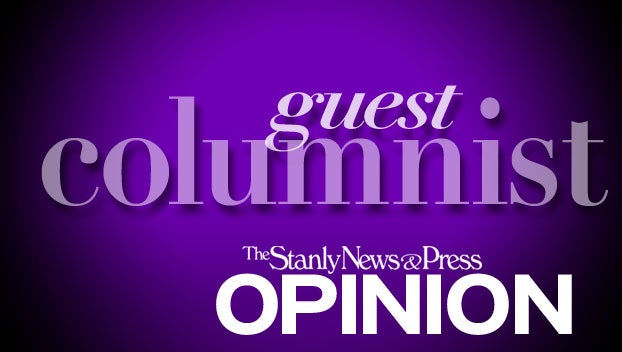DG Martin Column: The next UNC president
Published 9:32 am Tuesday, November 13, 2018
Who will succeed Margaret Spellings as president of the UNC System?
That is what folks in the university community are asking these days. The next question is, can anybody be persuaded to take that position after how the system’s board of governors has treated the last two presidents, Tom Ross and Spellings?

D.G. Martin
Truth is, the UNC System job even with its governance problems, could be an attractive challenge for ambitious university leaders across the country.
But before beginning a worldwide search for a miracle-promising leader from the outside, the board may decide that someone with experience in North Carolina higher education matters would be a better choice.
If they go in that direction, there are a couple of obvious attractive options.
For instance, N.C. State Chancellor Randy Woodson.
Before coming to State, he was a top official at Purdue University.
As a plant molecular biologist specializing in reproductive processes in agricultural crops, he has credibility with academia.
At State, he leads successfully the system’s largest university, with more than 34,000 students and a $1.5 billion budget, and, arguably, our most complex and difficult-to-manage university.
Keeping a focus on service to the state, Woodson has built not only a good record, but also a wide circle of admirers.
There is a problem. Why would Woodson give up State’s wide-open opportunities for service to jump into the lions’ den of members of the board of governors?
Another chancellor option is Harold Martin, who leads North Carolina Agricultural and Technical State University, which he has helped shape into the largest and one of the most admired historically black colleges and universities.
When Erskine Bowles was system president, he recruited Martin to serve as the system’s senior vice president for academic affairs.
Because Bowles gave him such important and wide responsibilities, he would not need an orientation course before taking over the top job.
In addition to these good choices there are a couple who are not so obvious:
• Fred Eshelman is a wealthy Wilmington business leader who founded a global contract research organization that had 13,000 employees when he sold it in 2011.
He is best known for his support of the School of Pharmacy at UNC-Chapel Hill, giving or pledging more than $100 million.
Conservative politically, he nevertheless is a strong advocate for public higher education. While serving on the board of governors, he teamed with then President Ross to develop long-range plans to strengthen and expand the system’s role and effectiveness.
• Nido Qubein has been the president of High Point University since January 2005. An immigrant with a Lebanese-Jordanian background, he is a walking-talking American success story.
An author, business leader, motivational speaker, full of vision and drive, he was, nevertheless, not an obvious candidate to be High Point’s president.
However, his unrelenting drive has pushed the university through an amazing transformation. Although his leadership has not been without controversy, it is hard to argue with those results.
That results-oriented approach might be something both the board of governors and the university communities would welcome.
Given the strengths of the four people and other North Carolinians, the board’s best choice still may be the one it has already chosen as interim president, UNC Health Care CEO and dean of the UNC School of Medicine Bill Roper.
His conservative Republican background in leadership positions in the administrations of Ronald Reagan and George H.W. Bush give him credibility with the Republican dominated legislature and board of governors.
His long term and successful experience as an academic and administrative leader give hope to the university community that he will be a credible and persuasive advocate for them as interim president, and longer, should the board remove the interim word from his title.
D.G. Martin hosts “North Carolina Bookwatch” on UNC-TV at 11 a.m. Sunday and 5 p.m. Tuesday.


